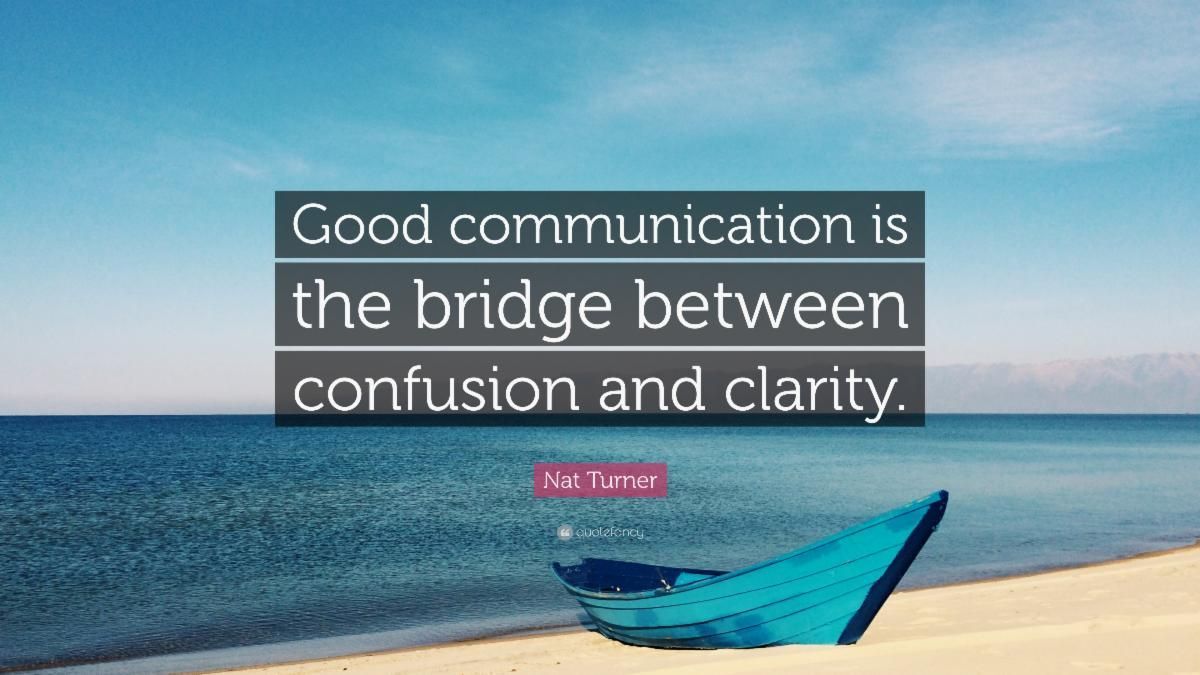
February 10, 2022
C-Suite and the Health of the Revenue Stream
I’ve been pointing out that the C-Suite connection with the sales function is often broken. So, I was thrilled to find some quantitative research that supports what I’ve been observing empirically for years. This Harvard Business Review article by Neil Capon and Christoph Senn, When CEOs Make Sales Calls illustrates the idea well. While the study is about sales calls and executives, it reveals something bigger. It highlights how the C-Suite is (or isn’t) engaged with the sales organization.
The study articulates five categories into which executive’s behavior with the sales organization falls:
- Hands-off: 28% do not play any role with the sales organization or customers.
- Loose cannon: 21% have ad-hoc involvement with visits to customers without coordination or strategic involvement.
- Social visitor: 19% foster personal relationships with customers instead of discussing business.
- Dealmaker: 18% focus on revenue and business instead of building relationships.
- Growth champion: 14% develop a strategic customer relationship that focuses on both relationship and revenue building. This leads to the highest returns in revenue and profit.
To stay close to the health of the company revenue stream, it’s essential that the leaders on the executive team are growth champions. The 86% of executives that limit themselves to social interactions, ad hoc engagement, or being totally hands off would be well served to think about this. And to consider how they can develop more strategic engagement with sales and connections with vital customers and the realities of the market.
Mindfulness as a Leader
I debated even using the word mindfulness here because it’s so overused. It also connotes ideas that are a bit too trendy or woo woo. I don’t have a better term though, so I’m going with it.
Ironically, mindfulness doesn’t mean making the mind more full or adding more to an already full mind. It refers to the process of keeping the mind open and flexible so there is plenty of room for the present. To create an environment in which nothing else is going on but what’s right in front of you.
We all intend to be present in our conversations with others, both in our personal lives and at work. Certain conversations capture our attention. Our minds are engaged, and we can easily focus. In other situations, our minds wander, we get lost in thought, and before we know it, we miss something.
How can you bring yourself quickly back to the present? By doing some kind of practicing mindfulness. Mindfulness is defined as “the basic human ability to be fully present, aware of where we are and what we’re doing, and not overly reactive or overwhelmed by what’s going on around us.” You don’t have to go to India to study with a guru to do it. Sometimes taking 30-60 seconds to pay attention to your breathing, or a quick walk while you focus on every step, can snap you back to the moment.
The importance of mindfulness for a leader is undeniable because it is a key element of your focused attention. The ability to listen to and be present for your team, or to fully engage rather than providing partial attention is what fuels your effectiveness. When you are continually lost in thought, others will notice. Probably not all the time. But enough to make a difference.
Find a way to clear and focus your mind to be a more attentive leader. Whether it's through meditation, walking, or another method, it's an important part of your health and in turn, the health of your team.
Current Read
As a dog lover I really enjoyed this National Geographic article about dog geniuses. While I found it fascinating, it reminded me that it’s not the intelligence of a dog that makes them special. My two West Highland Terriers, Jack and Luke, are clearly intelligent, but they aren’t the next canine Einstein or Mozart. What’s most wonderful about dogs is how loyal, kind, loving, fun, and nonjudgmental they can be. As an aside, I believe that is what is ultimately what matters for people too.
Want more dog content? Read a fun piece about the talents of dogs in Some Dogs Are Geniuses - Just Like Humans.
Quotable

Subscribe to Edinger's Insights Newsletter
Edinger’s Insights is packed with strategies and ideas to lead business growth.*
*Scott will never share your contact information
EdingerInsights_SignUp
Thank you for subscribing.
Please try again later.


